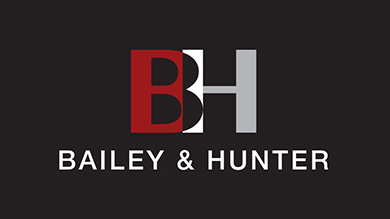After you have considered your options and selected a loan for your new home, you may want to obtain a written “rate lock” or “lock-in” agreement from the lender or broker. A rate lock or lock-in agreement is a written agreement that guarantees you a specific interest rate on your mortgage loan, as long you close the loan within a specified period of time, usually from 30 to 90 days. You should ensure your rate lock agreement is long enough to cover the time until you close on your loan. Some lenders require you to have already found a home in order to lock in an interest rate. If your rate lock or lock-in agreement expires before you are able to close, your lender may offer to extend it. Often, lenders will charge a fee for such an extension. If you are concerned about closing within your rate lock period, you may want to discuss whether your lender charges a fee for an extension when you are deciding whether to lock in an interest rate. Also, while rate locks and lock-ins can protect you from rate increases while your loan is being processed, you may not be able to take advantage of lower interest rates if rates fall. Some lenders offer rate lock agreements with a “one time float down” option for certain types of loans, which allows you to lock in at the lower rate if interest rates decrease. There are times where a 60 or 90-day lock-ins are not enough. This is particularly true in case of purchasing a new home that’s being constructed. It is not uncommon these days to find lenders that offer locks that range from 9 months to one year or more. Until recently, extended rate locks were available only to buyers whose offer on a home had been accepted. Recently, some lenders have started offering what’s known as lock-and-shop rate locks, which allow buyers to lock in a rate for several months while they shop for a home. In this arrangement, lenders will give buyers 45 to 90 days to shop for a home while guaranteeing them their locked rate. Extended costs come at a price. You can expect to pay about an eight to 1.5 percentage points higher than the market rate at the time of the lock. Some lenders also require a deposit ranging from an eighth to 1.5 percentage points of the total dollar amount of the loan. The deposit is usually applied towards the closing costs.

